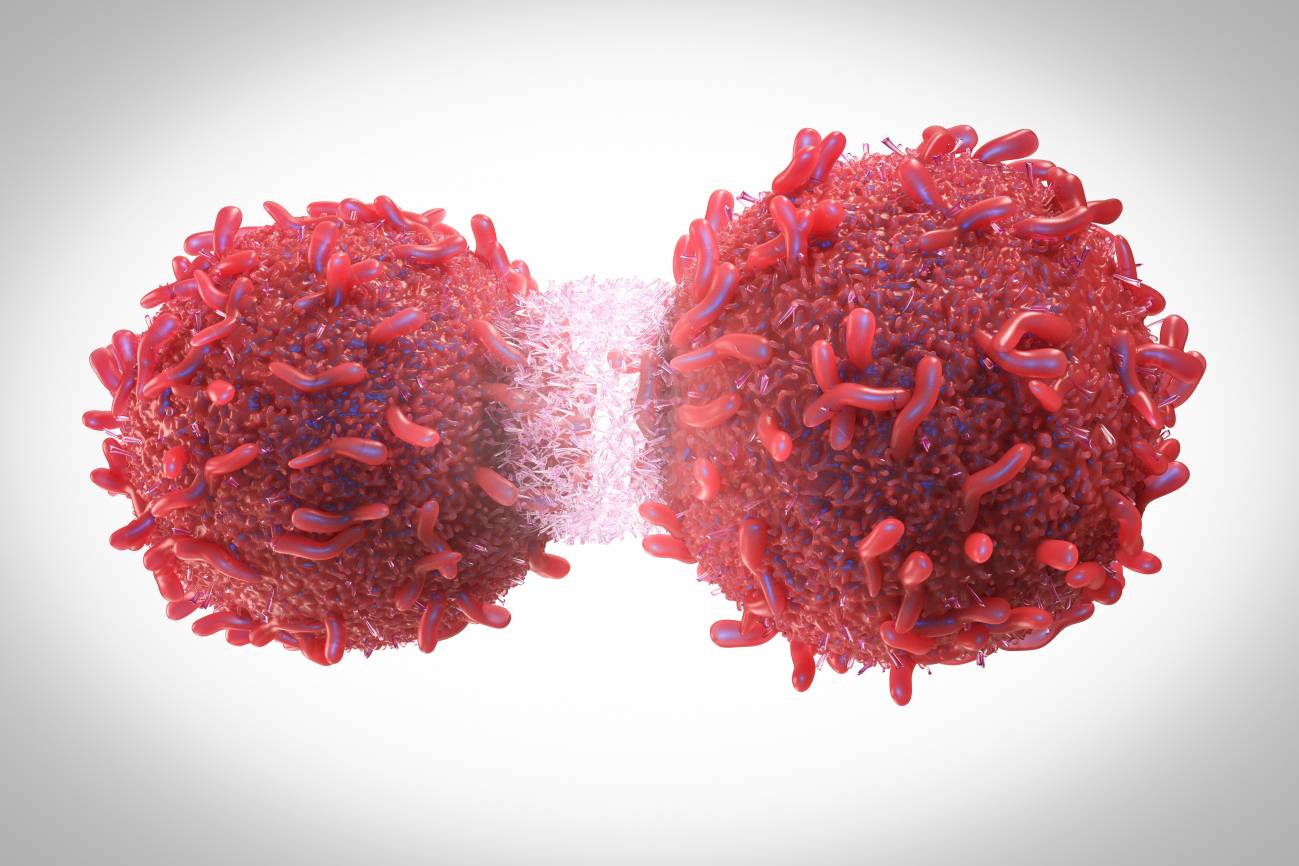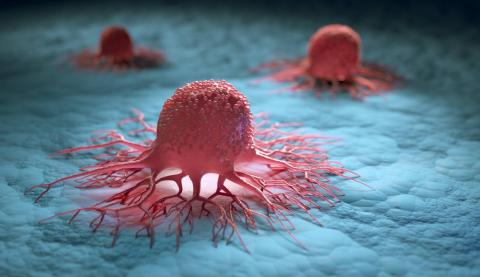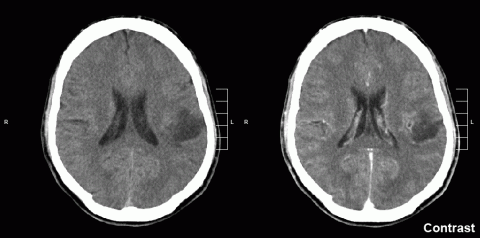Reactions to the case study of a person who has survived twelve tumours
A study published today in Science Advances describes the case of a person who in less than 40 years of life has developed twelve tumours, five of them malignant, due to inherited mutations in a gene. The research reveals that his immune system has naturally generated an altered inflammatory response that fights tumours. Understanding the mechanism will be useful to stimulate this type of response in other cases, according to the CNIO authors of the study.

María Blasco persona 12 tumores EN
María Blasco
CNIO Director
This case shows the importance of the work of family cancer units, and in particular underlines the quality of the work carried out by the CNIO Family Cancer Unit. It is a type of research that combines the immediate application for patients and their families, as can be seen in this magnificent and exhaustive work by Carolina Villarroya, Marcos Malumbres, Miguel Urioste, Sandra Rodríguez and other CNIO researchers, and the benefit for society as a whole. We know that approximately 10% of tumours are hereditary, and of these only 30-40% of the genes responsible are known. So advancing knowledge in this area is crucial, and that is what we are doing at the CNIO.
Since 2005, the CNIO Family Cancer Unit has provided genetic counselling to more than 5,000 patients and families. And so far this year 2022 alone, the number of consultations it has attended has increased by 70%. Nearly 650 patients have been seen in the 9 months of 2022. 20% of these cases are related to relatives of patients with an identified mutation, second opinions or complicated cases in which there are doubts about the genetic diagnosis, from Madrid and other regions. In addition, at the CNIO we carry out genetic studies when a hereditary cancer syndrome is suspected and new hereditary cancer genes have already been identified and are quickly studied in clinical trials to help families.
In other words, what is learned thanks to people like the one who is the protagonist of the work published today in Science Advances benefits us all. At the CNIO we provide innovative technologies to the National Health System and the scientific community; we collaborate with hospital services by evaluating and offering genetic counselling to patients and families; and we carry out genetic studies when a hereditary cancer syndrome is suspected. We have already identified new hereditary cancer genes that are rapidly being studied in clinical trials to help families.
It is also very important to ensure that the results of this research are incorporated into the clinic as soon as possible, so that they reach all patients regardless of where they live, whether they are in a large city or in a peripheral town. And this also requires the communication of science.
Blasco is the director of the research centre to which the scientists who authored the study belong.
María Mayán - persona 12 tumores EN
María Mayán Santos
Research Group Leader at the Center for Nanomaterials and Biomedicine (CINBIO) of the University of Vigo
In this study, they sequenced the complete genome of a blood sample from a young patient who has suffered 12 tumours during her life, 5 of them malignant. The group has identified mutations in a gene called MAD1L1, involved, among other functions, in the control of correct cell division during cell proliferation. Alterations in its function or rare mutations in this gene have been previously described in prostate, colon and lung cancer.
The patient in this study is a particular and apparently unique case for several reasons. One is that she has mutations in both copies of the gene, which in animal models is embryonic lethal. In addition, five of the aggressive cancers he suffered from were successfully treated and, although the reasons for this are not yet known, it is thought that this may be due, in part, to a response from his immune system.
In this study, the researchers conclude that the patient's mutations in MAD1L1 trigger a rare syndrome, not described to date, caused by chromosomal abnormalities and predisposing to different types of tumours.
Studies using sequencing of individual cells in blood samples show that alterations in the MAD1L1 gene and the associated aneuploidy could increase the inflammatory response and activate cells of the immune system, which could explain the successful treatment of the 5 malignant tumours suffered by this patient throughout her life.
This work highlights the importance of investigating this type of very particular cases and of approaching cancer with massive sequencing techniques. Although these are complex techniques, which require research personnel with a certain amount of experience, they can help us to understand the aetiology of a disease, ensure a correct diagnosis and understand the mechanisms involved, which can lead us to develop new therapies and therapeutic approaches not only for this patient, but also to treat other types of tumours and related diseases.
Mayán is a member of the advisory committee of SMC Spain.
- Research article
- Peer reviewed
- Case study
- People



